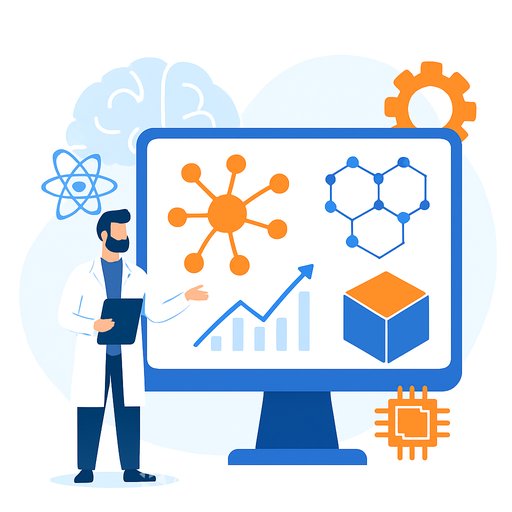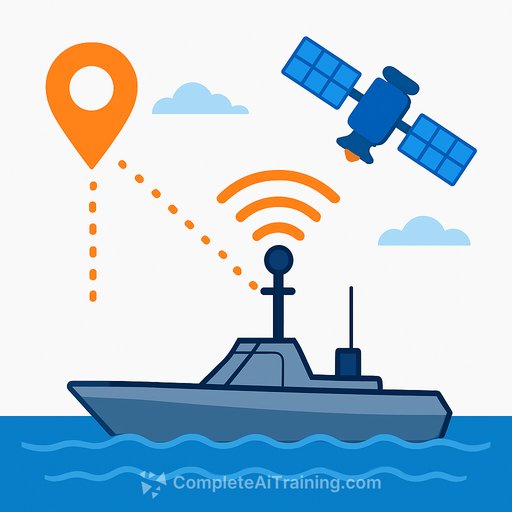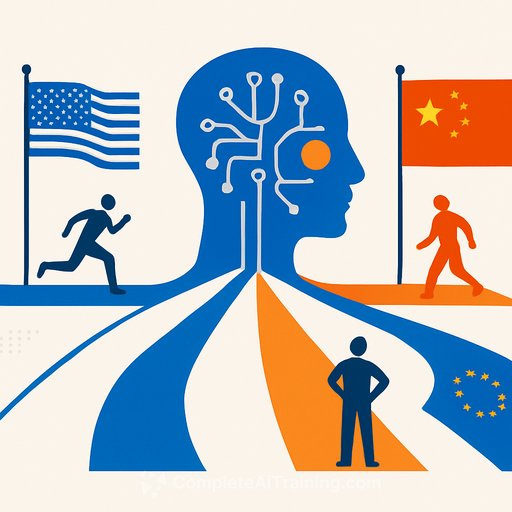University of Liverpool launches £100m AI Materials Hub to accelerate materials discovery
The University of Liverpool has announced the AI Materials Hub for Innovation (AIM-HI), a £100 million national facility built to speed up AI-driven materials chemistry. The goal: move high-impact research into industry faster and put the Liverpool City Region and the UK on the map for AI-enabled materials R&D.
AIM-HI will focus on catalysis, materials for net zero, soft matter, and product formulation - areas that directly affect energy, chemicals, consumer goods, and advanced manufacturing. For researchers and R&D leaders, this is an infrastructure play with clear translational intent.
National centre of excellence with a translational engine
The hub will combine state-of-the-art research labs with dedicated translational spaces and an innovation incubator. The purpose is straightforward: shrink the gap between academic discovery and industrial deployment by embedding AI and robotics in materials workflows.
It will also support skills development across the UK workforce - giving scientists and engineers practical access to automation, data infrastructure, and AI tooling inside live research environments.
Economic impact and infrastructure
The total project is expected to create or support up to 900 high-value jobs across the UK and generate more than £400 million in Gross Value Added (GVA). Funding will come from multiple sources, including industry.
AIM-HI sits within a new £111 million, 9,350m2 chemical sciences building in Liverpool's Knowledge Quarter, set to open in 2031. The facility will provide flexible, adaptable lab space for technology-led research and teaching - giving students and partners access to equipment and workflows that are uncommon at national scale.
Why it matters for science and industry
- Shorter cycles from hypothesis to validated material through AI-guided experimentation and automation.
- Shared infrastructure that supports industry-grade data, reproducibility, and scale-up thinking from day one.
- An incubator model that makes collaboration, IP routes, and pilot projects easier to start and harder to stall.
Leadership perspectives
University leadership called AIM-HI a decisive next step to accelerate materials discovery and strengthen the UK's position in AI-led research. The focus is on impact: scientific breakthroughs that translate into products, processes, and companies - with net zero as a clear priority.
Research leaders highlighted the opportunity to search larger regions of chemical space and identify outperforming materials more efficiently. The team also noted Liverpool's progress in robotics-plus-AI chemistry, including the development of a mobile robot chemist platform, and emphasized the value of linking academic excellence with industrial expertise and global networks.
Built on proven success: the Materials Innovation Factory
AIM-HI extends the University's track record with the Materials Innovation Factory (MIF), an £81 million centre co-created with Unilever. Since opening in 2018, MIF has secured more than £120 million in competitive grant funding, supported hundreds of high-value jobs, and helped catalyse SME growth across the region.
Expect AIM-HI to apply the MIF collaboration model at national scale. For background on MIF's model and capabilities, see the Materials Innovation Factory website: Materials Innovation Factory.
Research excellence and awards
The University of Liverpool is recognised internationally for AI and robotics in materials chemistry. Recent honours include the 2021 SAIL Award, the 2023 Eni Energy Frontiers Award, and in 2025, both the Davy Medal and the Royal Medal from the Royal Society.
The University also co-leads AIChemy, the £12 million AI for Chemistry Hub, and its Department of Chemistry has been ranked top three for Impact in the last two Research Excellence Frameworks (REF 2014 and REF 2021). In 2023, the Department received a Queen's Anniversary Prize for research that addresses global challenges and benefits society.
What to watch next
- Calls for industrial partners and joint programmes via the AIM-HI incubator.
- Hiring and training pathways that blend chemistry, data, and robotics skill sets.
- Early demonstrators in catalysis, net-zero materials, and soft matter that validate the AI-first approach.
Practical next steps for R&D leaders
- Map where AI-guided design and automated experimentation can remove bottlenecks in your pipeline.
- Prepare your data: define standards, metadata, and governance to make experiments ML-ready.
- Upskill teams in AI-for-chemistry workflows and lab automation. Curated options: AI courses by job.
AIM-HI signals intent: build the infrastructure, talent, and partnerships that move materials breakthroughs into real products faster. For researchers, it creates a platform to test bold ideas with the tooling, data, and collaborators needed to deliver.
Your membership also unlocks:





